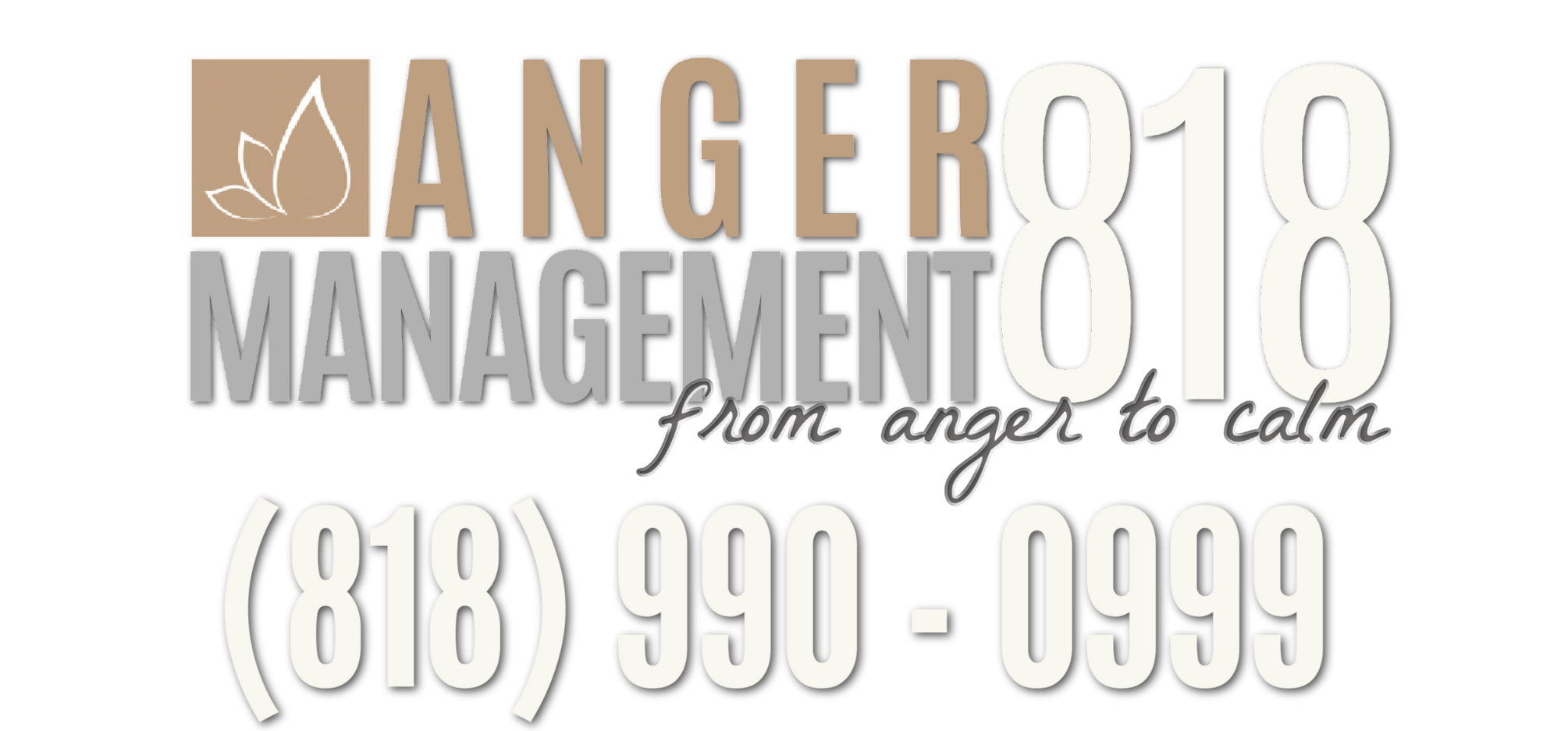by Emma Ekum, LMFT
Though there are several factors that can contribute to anger management problems, lack of quality sleep is one that often goes unacknowledged. It is recommended that we get consistently 7-9 hours of sleep. Did you know that if you get 4-5 hours of sleep each night, you are more likely to experience feelings of lower self-esteem, stress, anxiety or depression?
When you are not well-rested, your stress threshold lowers, leaving you more easily overwhelmed, and susceptible to irritability. The amygdala is a part of our brain that regulates our emotions. The prefrontal cortex is the part of our brain that helps us think before we act or speak. When we get less than enough sleep, the blood flow between the amygdala and the prefrontal cortex decreases, resulting in us behaving more impulsively. This often comes out as anger and aggression.
When seeking help for anger management, it is important to rule out sleep disorders such as sleep apnea, insomnia, or poor sleeping habits. Some changes in your sleep patterns can make all the difference in how you feel, think, and act.
The following are some signs that you may want to make changes in your sleep patterns or seek further assistance:
- Feeling tired throughout the day
- Needing to take naps, or finding yourself dozing off
- Memory issues
- Trouble focusing
- Trouble falling asleep, waking up throughout the night, or waking up too early to start your day
- “Making up for lost sleep” on the weekends by sleeping an additional hour than your usual sleep time
- Gasping for air during the night, or stopped breathing (this can be reported by a loved one)
- Waking up with dry mouth
- Loud snoring
- Falling asleep on the couch before bedtime
- Difficulty getting out of bed in the morning, hitting the snooze button
- Mood changes– feelings of depression, stress, anxiety, irritability, and anger
For more information on sleep, visit our blog post: Get Better Sleep.
For more information on tips to improve sleep, visit our blog post: Tips to Improve Your Sleep.
Authored by Emma Ekum, LMFT
Emma is a Licensed Marriage and Family Therapist and the Clinical Supervisor at Avedian Counseling Center and Anger Management 818 in Los Angeles, California. She is certified in CBT-I, Cognitive Behavioral Therapy for Insomnia. Her practice includes adolescents, individuals, couples and families. Emma uses Cognitive Behavioral Therapy and Systemic approaches.

